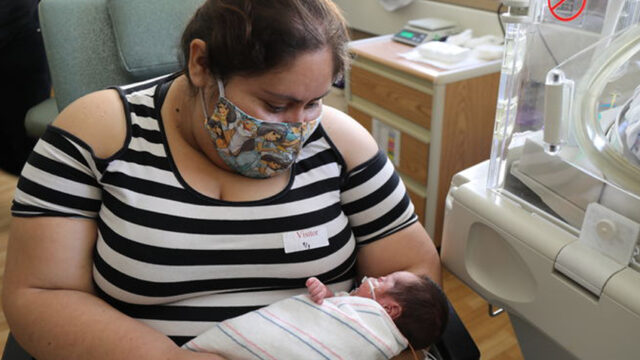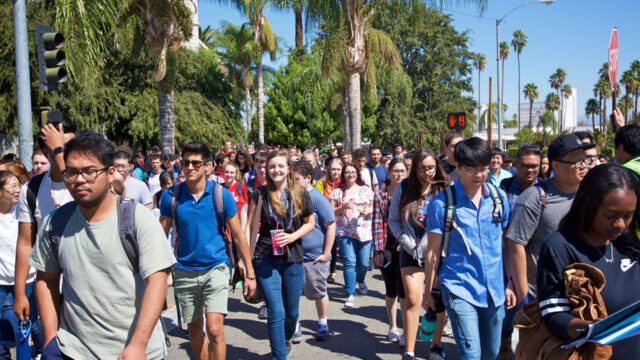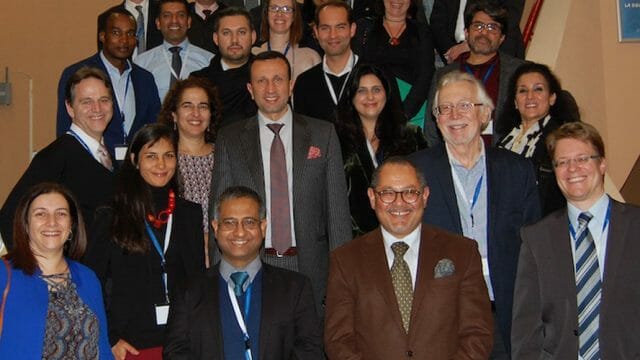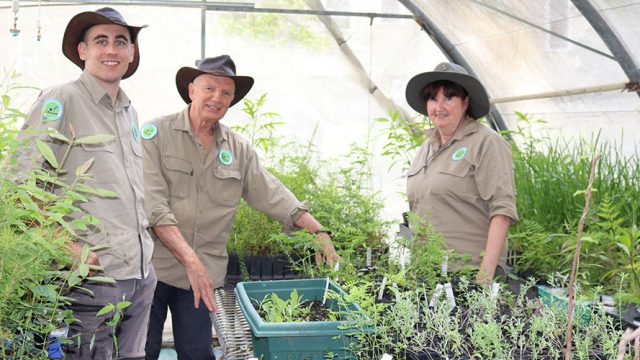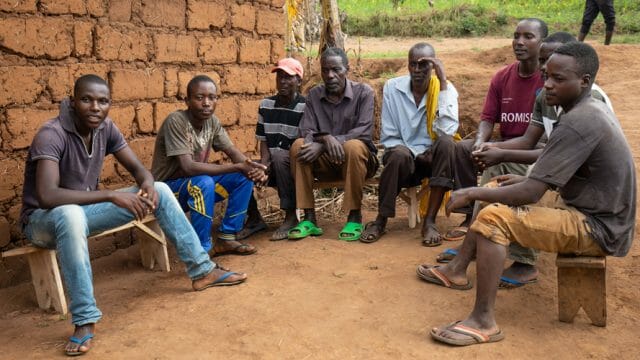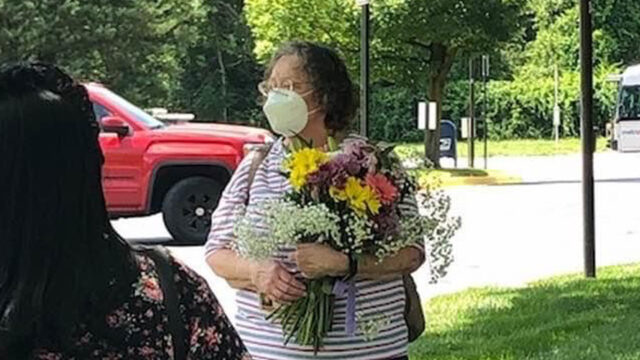Our role in tackling racial tensions might be different from the one we imagined.
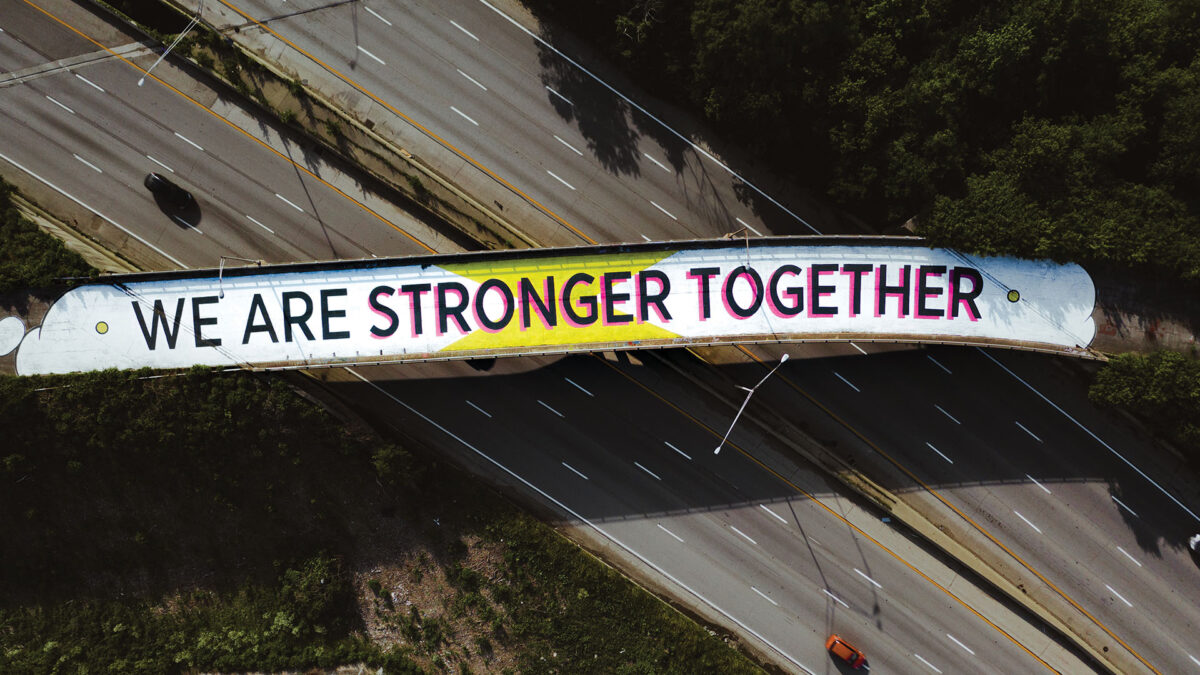
Just as we struggle with race and racism in our contemporary society, in Acts 6 we see that among the first generation of Christian believers the primary division was between native Hebrews and Hellenistic Jews. How did those early Christians address it? Did they just ignore their obvious differences? Did they just say, “We’re all one in Christ, so let’s move on”?
Before we attempt to answer these questions, we should perhaps try to understand the nature of the problem.
REPAIRING THE BREACH
According to the Bible, Satan is the source of all divisions. Sin brings division. It doesn’t separate us only from God; it separates us from one another. In Genesis we see how, after eating from the forbidden fruit, Adam and Eve instantly moved to blame and finger-pointing.
God, however, calls every one of His followers to be ambassadors of reconciliation (see 2 Cor. 5:18-20). He has chosen us to share in His work of restoring humanity to Him and each other. Talking about that ministry of reconciliation, God said of His people, “You will be called the repairer of the breach” (Isa. 58:12).* How could this be applied to current racial tensions?
AFFIRMING OTHERS
In the early Christian church, as the disciples grew in number, “a complaint arose on the part of the Hellenistic Jews against the native Hebrews, because their widows were being overlooked in the daily serving of food” (Acts 6:1). So the 12 disciples asked the rest to select seven persons “of good reputation” that they “put in charge” of caring for those discriminated against (verse 3).
What was the solution? The disciples recruited Greek speakers to serve the Greek-speaking widows who’d felt discriminated against. Indeed, Greeks were assigned to run the whole undertaking. Were there no Aramaic-speaking believers who could do the job? Was there no one else of good repute and full of the Spirit and wisdom? Sure. But the church was taking action to affirm the place of the Greek speakers within the community, not merely by ensuring that food distribution was fair but by placing people who talked like them, who spoke their language, in positions of leadership.
AN ACTIVE ROLE
We could say, “I didn’t breach the walls; I didn’t tear down the ruins; I’m not responsible for the potholes in the street—that happened a long time ago; I wasn’t even born yet.”
God reminds us that actions have consequences than can last beyond our lifetimes. The structures of racial discrimination are many centuries old. In the case of the United States, the nation began to seriously confront them only within our or our parents’ lifetimes. While our fingerprints may not be on the breaches, we cannot escape our duty to repair them.
MORE THAN JUST NOT DOING BAD
God is calling us to much more than just not doing bad. The prophet said that God’s people are not only to cease to do evil but learn to do good (see Isa. 1:16, 17). We must work actively on behalf of those who are the weakest and most marginalized in our society. In Matthew 25, when Jesus separates the saved sheep from the lost goats, those assigned to His left are not accused of attacking the needy, starving the hungry, ridiculing the naked; no, they simply didn’t notice them.
May God open our eyes to injustice around us and illuminate our minds so that we perceive where we can be of service. Let’s repair the breach.
* Scripture quotations in this article are from the New American Standard Bible, copyright © 1960, 1962, 1963, 1968, 1971, 1972, 1973, 1975, 1977, 1995 by The Lockman Foundation. Used by permission.


